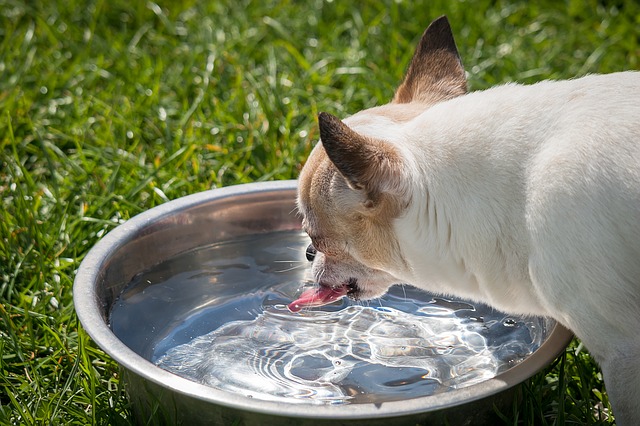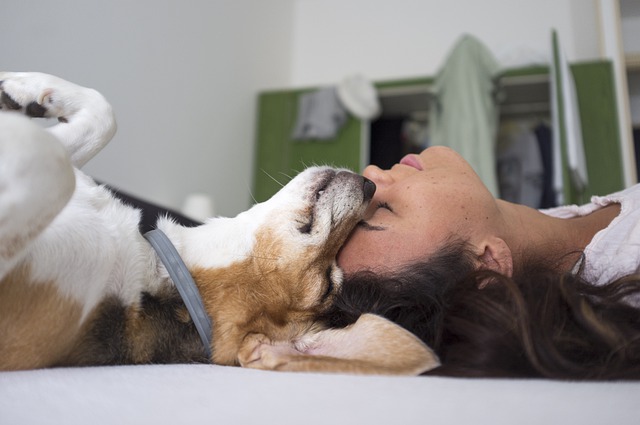Daylight Saving Time ends November 7th and it’s time to “fall back” into shorter days, longer nights, and cooler weather. Typically it doesn’t take long for humans to adjust to the time change but our pets don’t get their routines by following the same clock that we use to stay on schedule. They have what’s called circadian rhythm– which is their biological – or internal – clock that signals when it’s time to eat, sleep, go potty, and more. So, changing the clock back even an hour can affect your pets.
Since explaining the sudden change to them is not an option, we have to do a little preparation in advance to avoid the confusion, anxiety, and unwanted behavior associated with a schedule change. After all, they’re getting attention, food, exercise, and potty time an hour later than they are accustomed to. Here are some pointers for making the transition a smooth one.

Feeding time. Many pets are fed at a set time in the morning, evening, or both. When you set the clock back, they are being fed a whole hour late. The best plan of attack is to start the week beforehand feeding them later than normal in 10-15 minute increments leading up to the time change so they can acclimate gradually. Don’t be surprised however if during this new cycle your pet is sitting by their bowl looking at you with that “I’m hungry” look we all know too well.

Potty time. Most dogs are used to going out at very specific times to get their business done. When you sleep an hour later their internal clock can go haywire. In the weeks leading up to the time change, hold off on morning or evening walks for 10-minute increments just like feeding. Don’t force your pup to hold it for too long however, — just enough for them to ease into the new time.
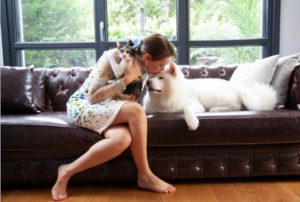
Bonding time. Your pet’s time with you is the most important thing in their lives. When you go to work, they miss you. Right after the time change they actually think they are getting an extra hour with you in the morning. But when you’re not home when they expect you as the sun hits that certain point in the sky, they can suffer added anxiety which leads to unwanted behaviors like having accidents or destroying your belongings. Start acclimation early by running a few short errands after work so your pet can adapt to you arriving home when the sun is down. Also, make sure to give your pet a little extra attention in the weeks after the change so they know how much you love them.
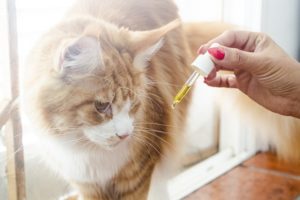
Medication dispensing. Some pets may be affected if they are on medications where the time of each dose is critical. Examples would be diabetic pets on insulin or pets on anti-seizure drugs. Contact your veterinarian for specific instructions on how to administer medication during a time change.

Patience. Unfortunately, not all activities can be gradually eased into. If you are away at work all day and your pet has not completely adjusted an accident or anxiety can happen. Be understanding in these instances and don’t punish them. He or she will adjust quickly and things will return to normal before you know it.
You may also want to consider changing your schedule. Instead of taking the full extra hour of sleep on Sunday, Set the alarm 10 or 15 minutes later each day until everyone in the household is getting up at the new time. It will make the Daylight Saving Time switch a positive experience, as opposed to a stressful one.
Does the end of Daylight Saving Time bother your pet? Do you do anything to help them adjust? Let us know below or over on our Facebook page.




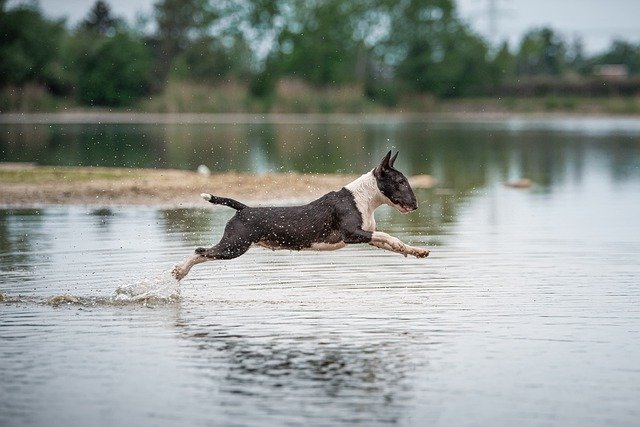 1. Get your dog plenty of exercise early in the day. They will be worn out and feel much calmer than if they had been inactive all day.
1. Get your dog plenty of exercise early in the day. They will be worn out and feel much calmer than if they had been inactive all day.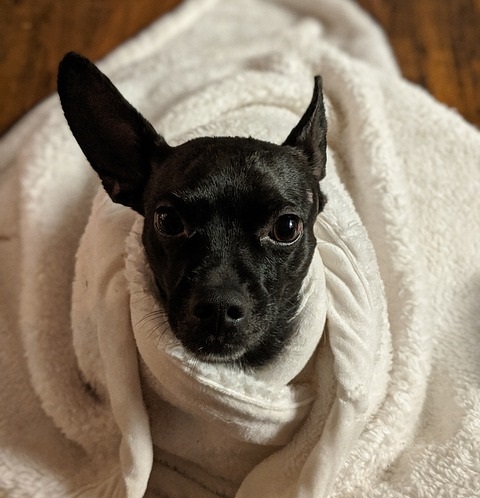 3. Give your dogs a comfortable, secure place where they can feel safe. If they like a crate, make sure one is accessible and perhaps even cover it with a blanket. If they prefer to hide in a bathtub or under the bed, make sure the doors to those rooms are open. Remember, dogs are den dwellers and prefer small, enclosed areas.
3. Give your dogs a comfortable, secure place where they can feel safe. If they like a crate, make sure one is accessible and perhaps even cover it with a blanket. If they prefer to hide in a bathtub or under the bed, make sure the doors to those rooms are open. Remember, dogs are den dwellers and prefer small, enclosed areas.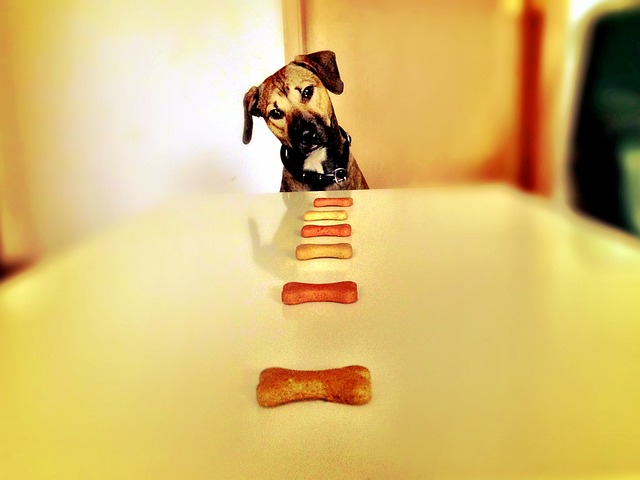 6. Create a diversion. A frozen Kong or other long lasting treat is fun and will distract them from the activity outdoors as they focus on the special gift you gave them.
6. Create a diversion. A frozen Kong or other long lasting treat is fun and will distract them from the activity outdoors as they focus on the special gift you gave them.